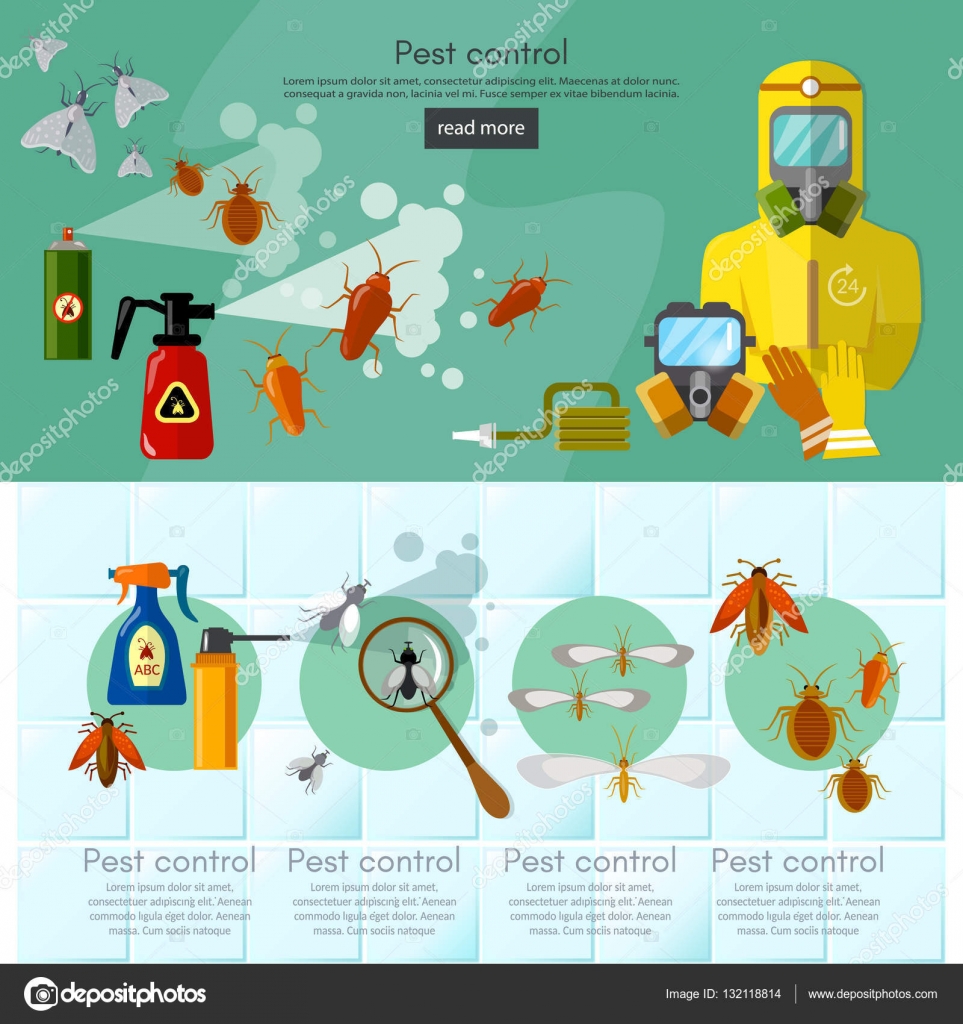Shield Your Garden From Vermins: Advice For Keeping Unwanted Intruders Away
Shield Your Garden From Vermins: Advice For Keeping Unwanted Intruders Away
Blog Article
Writer-Thorpe Medeiros
Visualize your yard as a shelter, a location of tranquility and appeal. However, the presence of outside insects can quickly disrupt this idyllic image. What happens if there were straightforward yet efficient means to keep these unwanted visitors away and safeguard your garden oasis? By complying with a few useful ideas and implementing natural methods, you can develop a harmonious exterior space where your plants can grow uninterrupted.
Natural Insect Deterrents
To maintain bugs away from your yard naturally, plant aromatic natural herbs like mint and lavender. These aromatic plants not just include elegance to your yard however additionally function as reliable bug deterrents. Insects like mosquitoes, flies, and even some garden-damaging pests are warded off by the solid aromas released by these natural herbs. Just placing them tactically around your garden can help create a natural barrier against unwanted bugs.
In addition to mint and lavender, take into consideration growing other natural herbs like rosemary, basil, and lemongrass to additionally boost your garden's pest-proofing abilities. These natural herbs not only act as natural repellents however additionally have the included benefit of being useful in cooking or crafting self-made treatments.
Strategic Plant Placement
Take into consideration the format of your garden and the sorts of plants you need to tactically position them for optimum pest-proofing performance.
Beginning by grouping plants with similar resistance to pests together. By doing this, you can develop an all-natural barrier that deters insects from spreading throughout your garden.
Furthermore, placing pest-repelling plants like marigolds, lavender, or mint near even more susceptible plants can help shield them. High plants, such as sunflowers or corn, can serve as a shield for much shorter plants against parasites like bunnies or ground-dwelling insects.
Keep in mind to leave adequate area between plants to improve air flow and decrease the threat of illness that pests may bring.
Moreover, take into consideration planting strong-smelling herbs like rosemary or basil near susceptible plants to puzzle insects' senses and make it harder for them to find their targets.
Efficient Parasite Control Approaches
For combating garden insects efficiently, implementing a multi-faceted parasite control strategy is crucial. Begin by encouraging natural killers like birds, ladybugs, and hoping mantises to assist maintain pest populaces in check. Introducing https://edwinoidxs.blogscribble.com/32055246/here-s-a-thorough-guide-to-usual-indicators-of-termites-in-your-house-so-you-can-take-action-before-it-s-too-late that bring in these helpful insects can help in insect control. In addition, practicing excellent garden hygiene by getting rid of debris and weeds where pests could conceal can make your garden much less congenial to unwanted visitors.
Think about making use of physical barriers such as row cover fabrics or netting to secure susceptible plants from pests like caterpillars and birds. Using visit the following internet site like neem oil or insecticidal soap can additionally be effective against particular pests while being much less unsafe to beneficial bugs and the atmosphere. It's crucial to rotate your crops each period to stop the buildup of parasite populations that target specific plants.
On a regular basis inspect your plants for signs of bug damages so you can act quickly. By incorporating these techniques and remaining cautious, you can effectively control yard pests and take pleasure in a thriving, pest-free garden.
Final thought
So, there you have it - with the right methods, you can keep pesky outdoor bugs far from your garden and assist your plants thrive.
Did you understand that planting mint has been shown to drive away mosquitoes and various other insects, reducing the demand for unsafe chemicals by approximately 60%?
By incorporating all-natural deterrents and wise planting strategies, you can develop a beautiful and pest-resistant garden sanctuary for you to enjoy.
